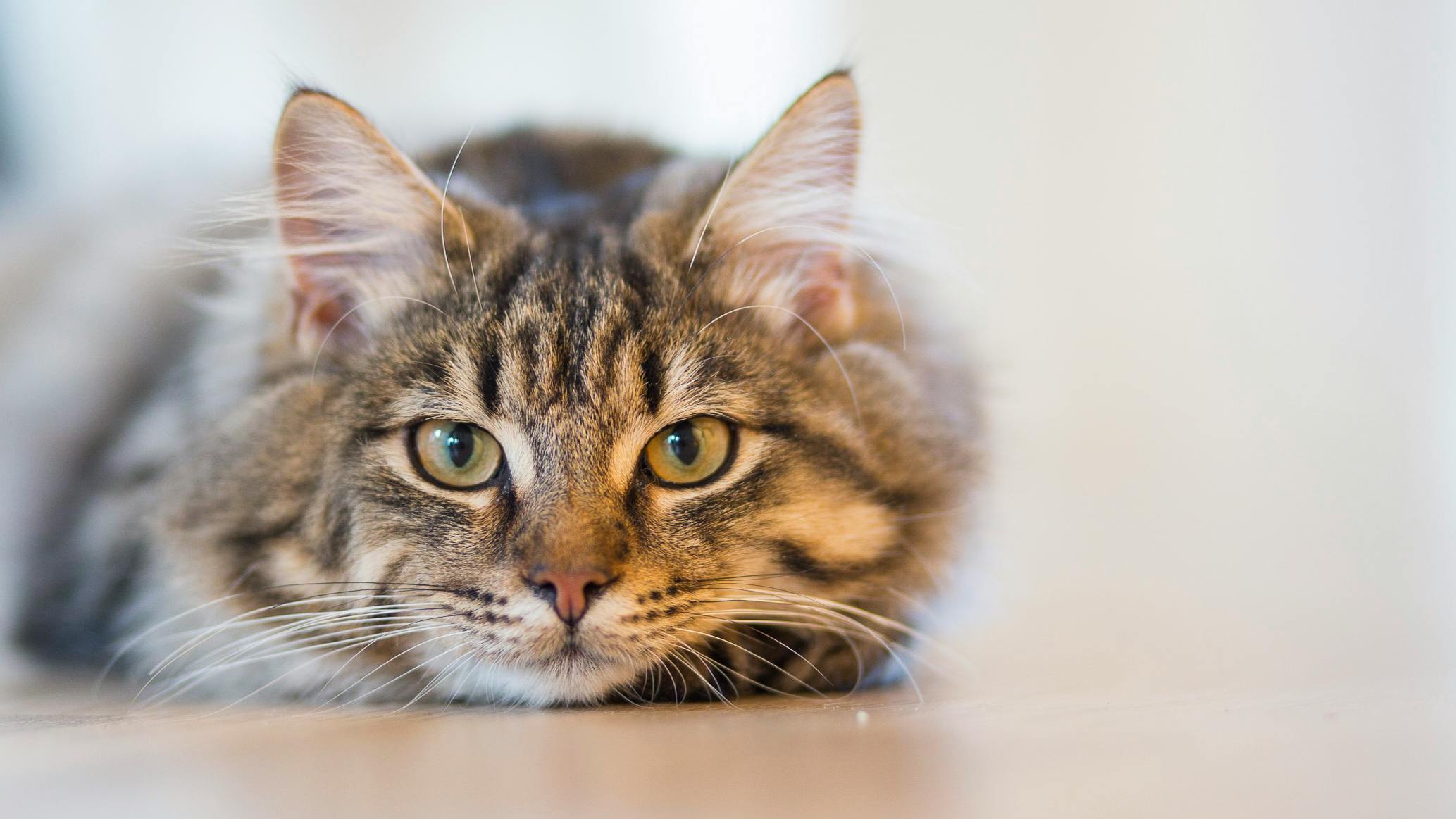The Bichon Frize is a wonderfully happy little dog who is in love with life and his family. She wants to go everywhere and loves attention. She is ideal for an apartment because she needs little exercise, although housetraining can be difficult. She is a good watchdog, but don’t expect her to attack a prowler. She hardly ever sheds, but she requires extensive grooming to achieve that fabulous look. She is generally not a barker. She gets along very well with other dogs, pets, and children. As a reminder, she will never leave any child unattended with any dog for any length of time.
Approximate adult size
Approximate adult size (two years and older) of the male Bichon Frize is 9 to 12 inches at the withers (highest point of the shoulder) and the female ranges from 9 to 11 inches at the withers. Both sexes range from 7 to 12 pounds, males slightly heavier.
Special health considerations
Most dog breeds have certain inherited health problems associated with that specific breed, and the Bichon Frize is no exception. Look for skin problems, blocked tear ducts, epilepsy (common in dogs), cataracts, flea bite allergies, dislocated kneecaps, ear ailments, low blood sugar, and watery eyes.
This list of diseases is an informational guide only. Other diseases can also be significant threats, contact your veterinarian for a complete list.
You should visit the vet several times during the first year for shots, boosters, and checkups. Then, as an adult, he should visit the vet annually for shots and checkups. As he grows older, from the age of six, he should visit the vet twice a year for checkups and vaccinations.
Cleanliness
The Bichon Frize needs frequent care and monthly baths. She needs to be professionally groomed every month or so. If his coat is left alone, it will become tight and curly and lose its snowball-like appearance. Clean around your eyes daily to control tear stains. She sheds very little hair. Brushing will help maintain a clean, healthy coat and will also help you keep a closer eye on her health and strengthen your emotional bond with your pet.
Their teeth should be brushed at least twice a week with toothpaste and a toothbrush designed for dogs. Brushing removes plaque and tartar buildup that can cause tooth decay (rarely) and periodontal disease. Dog periodontal disease can lead to pain, tooth loss, bad breath, and other serious illnesses.
Your toenails may need to be checked for growth and cut regularly. Back toenails grow more slowly than front toenails. Generally, a guillotine-style trimmer is best for this task, and competent instructions for accomplishing this can be found online.
Life expectancy
The Bichon Frize can live between 14 and 16 years with proper nutrition, medical care, and excellent living conditions.
History
The Bichon Frize is originally from the Mediterranean area and descends from the Water Spaniel. They became popular and were later forgotten in places like France under Francis I and later under Napoleon III. When World War I ended, some people realized that the breed could be valuable and lines began to be established. On March 5, 1933, the official breed standards promulgated by the Société Centrale Canine of France are found. It was first registered with the American Kennel Club in 1972.
some records
- Bichon Frize Club of America, Inc.
- United Kennel Club UKC
- NKC National Kennel Club
- Continental Kennel Club CKC
- APRI Americas Pet Registry Inc.
- American Kennel Club AKC
- FCI International Cinological Federation
- NZKC New Zealand Kennel Club
- KCGB Kennel Club of Great Britain
- ANKC Australian National Kennel Club
- American Canine Registry ACR
litter size
3 to 5 bichon frise puppies
Category
Not Sports.
terms to describe
Active, friendly, bold, charming, affectionate, sociable, obedient, cheerful, affectionate, kind
SPECIAL GOOD POINTS
- Good watchdog.
- Very good with children.
- Very good with other pets.
- Easy to train.
- Very smart.
- He is not a noisy dog.
- Get along with other dogs and pets.
- It barely sheds which is good for allergy sufferers.
- A very happy dog.
- It requires little exercise.
- She can act like a clown.
SPECIAL BAD POINTS
- Very poor guard dog.
- It can be difficult to tame.
- He can be stubborn.
Other names known by
Bichon Tenerife, Bichon Frize, Tenerife Dog
Every dog is an individual, so not all of this information may be correct for your dog. This information is a good faith guide only.

